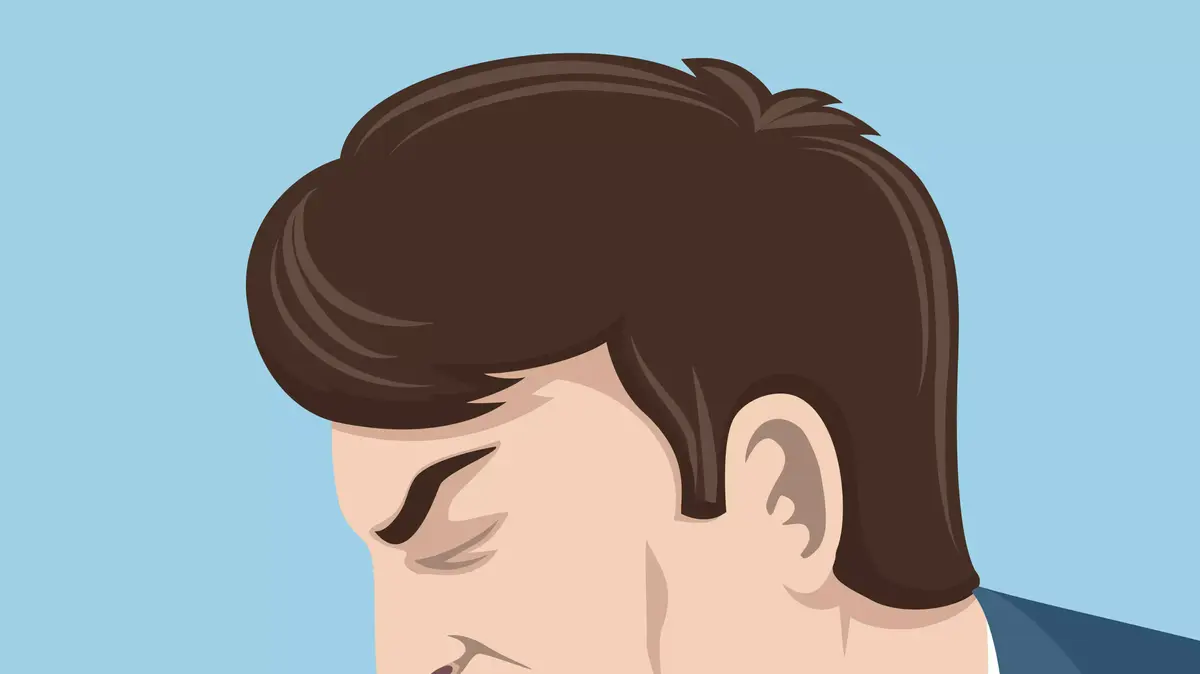3D simulation of the dispersal of 'corona clouds' - droplet and aerosol spray emitted by coughing in a closed space/Finland Meteorological Institute, Aalto University, VTT and University of Helsinki
You got sick, smeared on the couch for a few days and recovered, but the cough refuses to leave you? You're not alone. 1 in 4 patients have a cough after an illness, which sometimes lasts for weeks.
Why is this happening? "Respiratory diseases usually have the acute stage," explains Dr. Thomas Russo, a professor and infectious disease expert at the University at Buffalo, New York. "After that, the disease declines until you fully recover from it, a process that usually takes a few days. Rebel Even when the acute phase of the disease ends, the body itself has not fully recovered, and it will take time for it to recover. The cough that persists is part of the healing of the damaged airways, which return to normal function more slowly."
"The cough actually protects us," adds Dr. Russo, "it removes irritants from the lungs and protects the airways. The residual respiratory infection and persistent cough are not necessarily a sign that the infection is active or persistent. The body is just still working to clean the lungs and airways and it takes time, even if the rest of the symptoms have passed."
"These coughs tend to get worse at night because mucus comes from the back of the throat to the lungs while lying down. This position increases coughing and of course interferes with sleep," adds Dr. Russo.
Thus, patients will usually begin to feel better after 7-10 days after an acute upper respiratory infection, but the cough can last over a period of three or four weeks.
How to help the body shorten the coughing period?
The effective and simple way is to take an over-the-counter medicine to thin the mucus in the respiratory tract. But there is also a natural way to use honey. "Honey has some anti-inflammatory and antimicrobial properties," Russo says. "You can drink with a lot of honey or even put honey in the humidifier."
If that doesn't help either, and you think your cough is due to persistent inflammation, Dr. Russo recommends using an over-the-counter antihistamine medication (drugs that inhibit histamine activity by blocking histamine receptors in the body).
At night it even gets worse. Cough/ShutterStock
When should you see a doctor when the cough doesn't stop?
As already mentioned, a cough that lasts even a month after an illness is a completely normal thing. But if more serious symptoms such as fever, shortness of breath or coughing with blood develop, it is advisable to contact a doctor.
Even if these signs do not appear, and the cough persists for more than a few weeks and makes you uncomfortable, you can always see your doctor and get a prescription for more effective medications than those sold without a prescription. "Even if you suffer from respiratory problems, such as asthma, it is very worthwhile to have a doctor see you to rule out worsening these problems," adds Dr. Russo, "but eventually in most cases the cough will go away on its own. It just takes a lot of patience."
- More on the subject:
- cough
- influenza
- coronavirus

